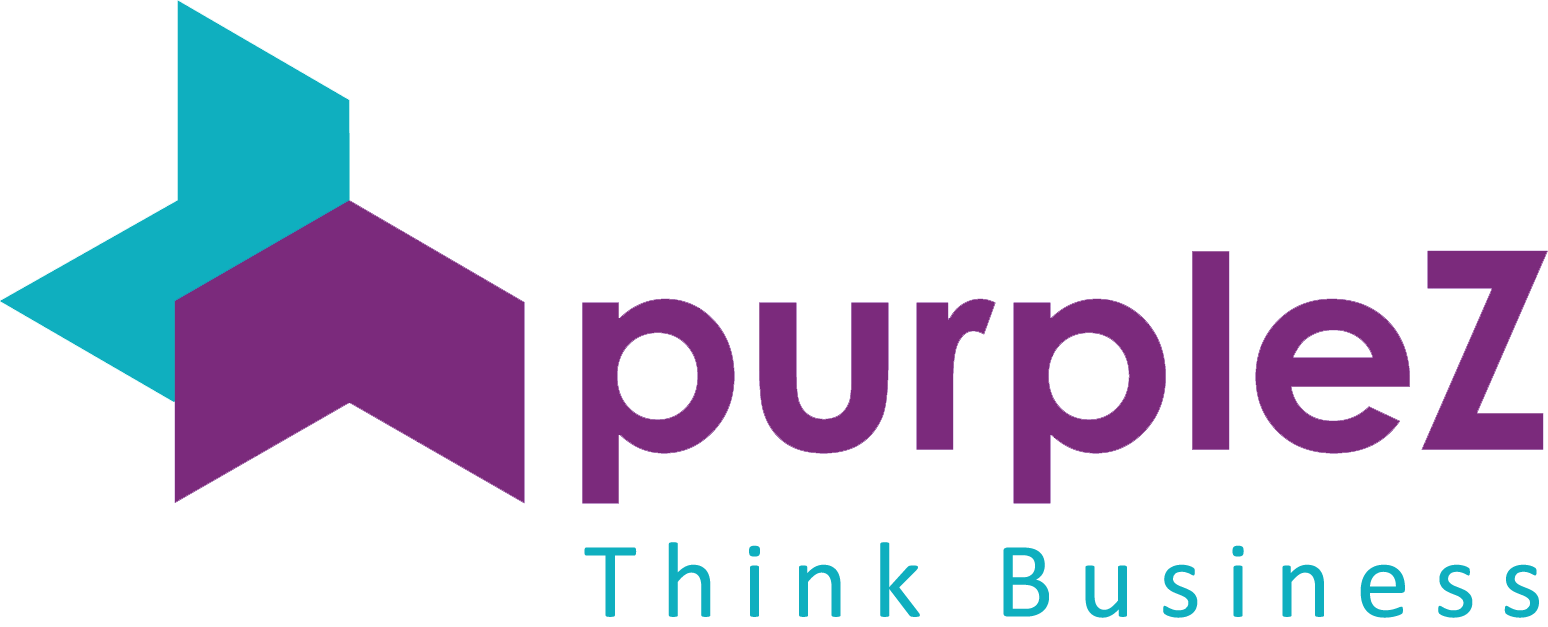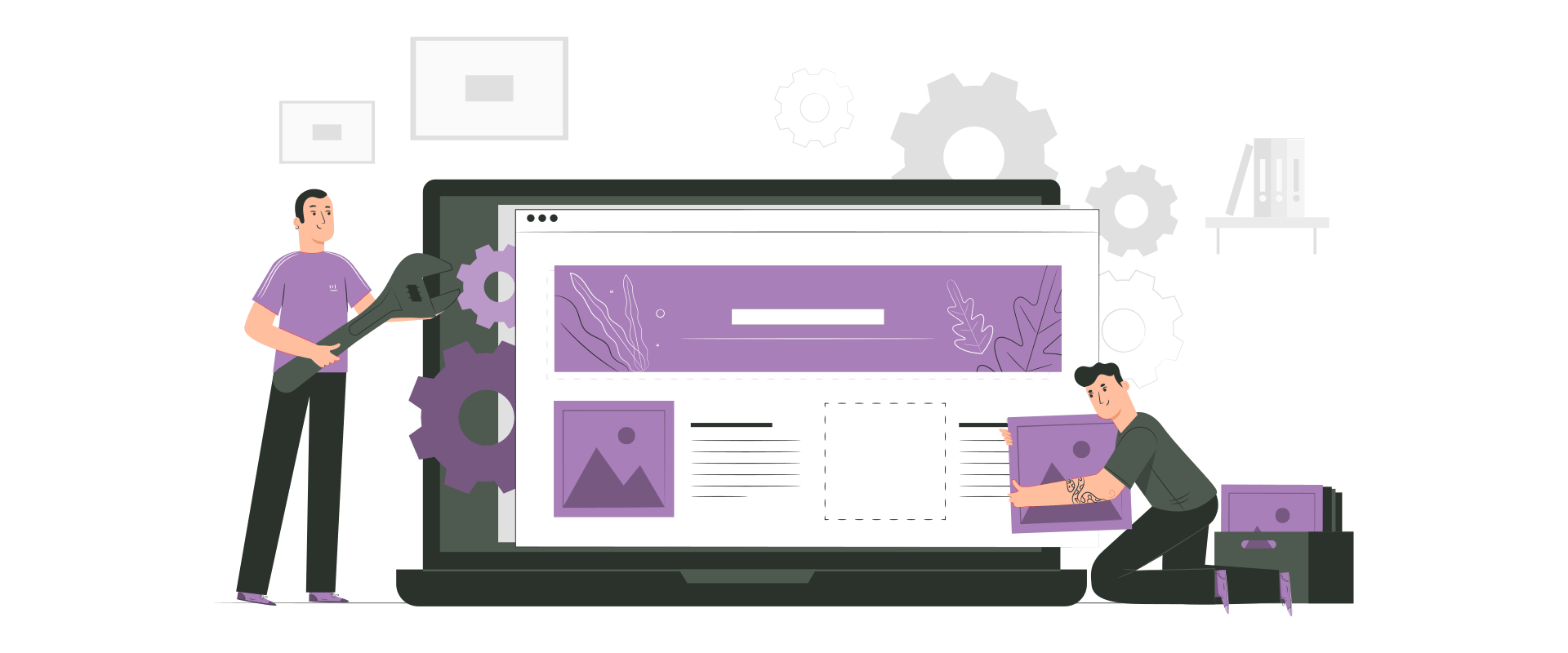Contents
Businesses can appear on Google results and other websites in the Google Display Network by using Google Ads, a network of advertising. With Google Ads, advertisers only have to pay when a user clicks on their advertisement thanks to the pay-per-click (PPC) pricing model.
In this blog post by PurpleZ Inc. The main benefits of using a Google Ads management service include:
Expertise: Ads managers are experts in PPC strategies and can optimize campaigns to get the most out of your budget. They stay on top of the latest Google Ads updates and features.
Time Savings: Ad management can be time-consuming, especially for larger accounts. A service handles all the day-to-day management and optimization work for you.
Increased ROI: Experienced managers know how to structure campaigns and write high-converting ads to drive more revenue. Their optimizations can lead to a higher return on ad spend.
Campaign Analysis: A management service provides in-depth performance analysis, tracking key metrics like ROI, conversions, and cost per acquisition. This insight informs future optimization decisions.
Testing: Managers continuously test elements like ad copy, landing pages, and bidding strategies to improve performance.
Account Organization: They implement structures and naming conventions to keep your account organized as it scales.
By partnering with a Google Ads management service, advertisers can focus on high-level goals and strategy while leaving the hands-on optimization to experts. This guide will explore what services and features are typically included in Google Ads management packages.
Account Setup
The account setup process is one of the first steps when starting Google Ads management. There are two main options for account creation:
– Use an existing Google Ads account
– Create a new Google Ads account
If you already have Google Ads accounts, the agency can request access. This allows the management team to modify and optimize those accounts directly. The benefit is not having to rebuild existing campaigns and ad groups. However, if your current accounts have issues like poor quality scores or are not structured properly, start fresh.
The agency will set up everything from scratch, following best practices when creating new accounts. This includes creating a separate account for each business entity, product line, or location. New accounts also mean a clean slate for testing and optimization.
Business information like website URL, billing settings, and location targeting are entered during account creation. Conversion tracking and analytics integration will also be set up. The account is then connected to the management platform to monitor and optimize campaigns.
Whether using existing or new accounts, the setup process ensures the foundation is in place for successful Google Ads management. The right structure and tracking will provide the visibility needed to improve account performance over time.
Keyword Research
Keyword research is a crucial part of any Google Ads campaign. It involves identifying and choosing the keywords and queries your target audience is actively looking for in Google to find your products or services.
The goal is to generate a detailed list of relevant, high-traffic keywords with commercial intent – meaning searchers are actively looking to purchase or acquire information. By bidding on these keywords in your ad groups, you can put your ads in front of motivated searchers, increasing the chances of securing qualified leads and sales.
An experienced Google Ads manager will have the knowledge and tools to research keyword opportunities for your business thoroughly. Here’s an overview of some of the keyword research tasks included in Google Ads management services:
– Conducting initial market research to identify broad keyword themes and categories relevant to your offerings. This helps map out the keyword opportunity universe.
– Leveraging keyword research tools to generate extensive keyword lists, including long-tail variations. Long tail keywords are more specific (e.g., “red running shoes for women” vs. “running shoes”).
– Analyzing keyword competition and search volume metrics to pinpoint the best options. Choosing keywords with moderate/low competition and decent search volume provides an opportunity.
– Grouping keywords into tightly themed ad groups around products, services, locations, etc. This leads to increased relevancy.
– Ongoing keyword monitoring and expansion. New opportunities arise, and demand shifts over time. A managed service tracks this and adjusts keywords accordingly.
– Applying negative keywords to avoid irrelevant traffic. Some searches are related on the surface but lack buyer intent.
– Leveraging search query data in Google Ads to identify additional keyword and ad copy opportunities.
– Focusing on quality score by selecting keywords your landing pages are optimized for. Higher quality scores lower your costs.
The right keywords lead to higher conversion rates and lower costs per conversion. A Google Ads manager handles this complicated, data-driven process for you so your ads show for the best terms.
Ad Copywriting
One of the most crucial elements of a successful Google Ads campaign is strong ad copy. The ad copy directly influences clickthrough rates, conversion rates, and quality scores for your ads.
The ad copywriting process typically involves these key steps:
Research
Study your target audience, products/services, competitors’ ads, and unique selling propositions. This information informs your messaging.
Brainstorm
Come up with a wide range of potential ad headlines and descriptions. Aim for variety in tone, topics, keywords, etc.
Prioritize
Select your top ad copy options based on relevance, ability to capture attention, convey key information, and encourage clicks.
Refine
Tweak the final ad headlines and descriptions to maximize impact. Test different headline lengths, capitalization, punctuation, etc.
Test
Create multiple finalized ad variations and A/B test them to determine which copy performs best. Examine metrics like CTR, conversions, and quality scores.
Optimize
Improve low-performing ads based on insights from testing—Retest new variations.
The most effective ads highlight your key user benefits and differentiators. They use concise, scannable copy with strong calls to action. Keyword insertion should feel natural. Ongoing refinement and testing are key for optimization. With strategic ad copywriting, you can significantly boost campaign results.
Ad Group Structure
A Google Ads campaign’s performance depends on how well your ad groups are set up and arranged. Ad groups allow you to group ads based on shared keywords, products, services, or other common themes. This makes it easier to manage large campaigns with many keywords and ads.
Some best practices for structuring ad groups include:
– Create specific, tightly-themed ad groups around products, services, or sub-topics rather than one large ad group. This allows you to customize ads and landing pages.
– Use long-tail, specific keywords to keep ad groups highly relevant. Don’t use broad match keywords in the same ad group as exact match keywords.
– Keep ad groups under 50 keywords and no more than 20 ads each for better organization.
– Create separate ad groups for each target keyword, especially for high-traffic keywords. This allows for more customization.
– Mirror your website structure with ad groups around key site categories or sections.
– Use campaign settings like ad scheduling, locations, and bid adjustments at the ad group level when appropriate.
– Continuously review search query reports to identify new potential ad groups based on user searches.
– Give ad groups clear, descriptive names based on the theme or content focus.
Carefully structuring ad groups takes more work upfront but results in campaigns that are far easier to optimize for better performance over time. The optimal ad group structure will differ for every business based on products, services, and keywords.
Landing Pages
Landing pages are a crucial part of any Google Ads campaign. The landing page is the website that appears to a user once they click on your advertisement. Conversions and return on advertising spend are both increased by a well-designed landing page.
When it comes to landing page design, ad management services typically offer customizable templates you can use to build landing pages tailored to your ads and campaign goals. The templates make it easy to create landing pages optimized for conversions quickly.
The service will also set up A/B or multivariate landing page testing. This allows you to test different elements on your landing pages to see which versions perform better. Testing aspects like headlines, calls-to-action, images, and page layouts enables you to optimize conversion rates over time.
Ongoing landing page optimization is a key part of professional ad management. Your landing pages need to be regularly updated and improved to boost conversions. The service will analyze your landing page performance data and make changes to pages to improve metrics like clickthrough rates from your ads and conversion rates on the landing pages.
Properly designed, tested, and optimized landing pages ensure your ads direct users to pages highly aligned to your campaigns. This enables you to maximize the ROI from your Google Ads spend.
Bidding & Budgets
One of the most important aspects of Google Ads management is setting up the right bidding strategies and budget management. This involves determining the ideal bid amounts and daily budgets to maximize ad performance without overspending.
Some key bidding strategies used in Google Ads campaigns include:
Manual bidding
The advertiser sets specific keyword bid amounts. This requires close monitoring but allows for precise control.
Automatic bidding
Bid amounts are determined by Google Ads using machine learning and automation. Target ROAS bidding aims to achieve a particular return on ad spend, whereas Target CPA bidding maximizes conversions within a target cost.
Enhanced cost-per-click (ECPC)
Google automatically adjusts manual bids up or down based on each keyword’s estimated conversion rate.
Location bidding
Bids can be adjusted based on a user’s physical location and intent to visit brick-and-mortar stores.
When first setting up campaigns, automatic bidding strategies and conservative daily budgets are recommended. As data comes in, the account can be optimized by adding negative keywords, expanding high-performing ad groups, raising bids on top-converting keywords, and exploring additional bidding strategies.
In order to keep costs down, it’s also critical to frequently review campaign performance data and modify bidding. Bids may be lowered or the budget may be raised if a campaign soon goes over budget. To optimize ad visibility, the objective is to regularly spend the entire daily amount.
Campaign Monitoring
Google Ads management services provide ongoing optimization and monitoring of campaigns after the initial setup. This is crucial for improving performance over time and ensuring efficient ad spend.
Discuss Tracking, Analytics, and Optimization
Experienced Google Ads managers will:
– Set up conversion tracking to measure results. This includes tracking phone calls, form submissions, online sales, and other goals.
– Connect Google Analytics to view traffic sources, conversion paths, and other insights. Google Analytics integration is key.
– Actively monitor campaign metrics, including impressions, clicks, clickthrough rate (CTR), cost per click (CPC), conversion rate, and return on ad spend (ROAS).
– Review search term reports to identify high-performing keywords to optimize for. Low-performing keywords can be paused or excluded.
– A/B tests different ad copy, landing pages, bids, and ad extensions to improve CTR and conversions.
– Use negative keywords to avoid irrelevant traffic that drives up costs.
– Segment audiences into ad groups based on intent, geography, and other factors.
– Continually refine targeting options and bid strategies. Broad match keywords can be broken out into phrase/exact match versions.
– Set up rules to automatically pause poor-performing keywords or raise/lower bids.
– Check the quality score and optimize it to improve the ad rank.
– Leverage Google Ads’ Smart Bidding strategies like Target CPA and Target ROAS.
– Regularly provide optimization recommendations and reports to demonstrate improved results over time.
Ongoing optimization and monitoring ensure ad spend is efficient. Experienced managers know how to track and analyze results to refine and improve campaigns continually. This allows for better performance and ROI over the long term.
Reporting
Google Ads provides robust reporting capabilities to track campaign performance and glean insights. The ad management team will provide regular reports highlighting key metrics like impressions, clicks, clickthrough rate (CTR), cost per click (CPC), conversions, return on ad spend (ROAS), and more.
These reports will show how your ads perform over time, allowing us to identify positive and negative trends. We’ll segment data by geography, device, ad creative, landing page, audience, and other factors to determine optimal targeting. By regularly analyzing reports, we can optimize campaigns by pausing poorly performing ads and increasing investment in high-performing ads.
In addition to campaign reports, Google Ads offers attribution reporting to understand how ads impact channel conversions. This reveals how display ads, for example, assist search ad conversions later in the funnel. Attribution sheds light on the customer journey and the true value of cross-channel advertising.
Regular reporting meetings will provide opportunities to discuss the latest trends, optimize based on insights, and align campaign initiatives to business goals. We’ll translate data into clear recommendations so you understand how campaign performance stacks up against KPIs. Our goal is to provide transparency into campaign analytics so you feel fully informed of progress and outcomes.
Additional Services
Google Ads management encompasses many services beyond just setting up and optimizing campaigns. Some additional services that a full-service Google Ads agency often provides include:
– Expanded Text Ads: Creating longer, more descriptive ad copy using the Expanded Text Ad format. This ad type allows for two headlines and longer descriptions that may improve clickthrough rates.
– Call Tracking: Implementing call tracking numbers on ads and landing pages to track phone calls generated by Google Ads accurately. This helps optimize for phone conversions.
– Remarketing: Setting up remarketing campaigns that target visitors who have already been to your website. This brings visitors back and helps convert abandoned carts.
– Google Analytics Integration: Connecting your Google Analytics and Google Ads accounts for better cross-platform reporting. This allows for a deeper analysis of the entire conversion funnel.
– Testing: A/B tests different ad creatives, landing pages, bids, ad copy, etc., to determine the optimal conversion setup. Continual testing is key to ongoing optimization.
– Automation: Using automation tools to save time on routine optimizations like bids, budgets, targeted keywords, ads, and more. This frees up time for high-level strategy.
– Dynamic Search Ads: Creating responsive search ads automatically pulling in relevant ad copy and landing pages. This can increase reach and decrease workload.
– Shopping Campaigns: Setting up and managing Google Shopping campaigns to advertise products. Requires properly formatted product data feeds.
– Audience Targeting: Using advanced audience features like custom affinity/in-market audiences, similar audiences, and demographic targeting to reach your best potential customers.
Frequently Asked Questions
What are Google Ads Management Services?
Google Ads Management Services involve professional handling of PPC (pay-per-click) advertising campaigns on Google Ads. These services aim to optimize ad spend, increase traffic, and improve conversion rates through targeted advertising strategies. Management tasks include keyword research, ad creation, bid management, and performance analysis.
What does Google Ads Management typically include?
- Keyword Research and Selection: Identifying the most effective keywords based on relevance, competition, and search volume.
- Ad Copywriting: Crafting compelling ad texts that attract clicks and conversions.
- Landing Page Optimization: Ensuring landing pages are relevant, user-friendly, and optimized for conversions.
- Bid Management: Adjusting bids to maximize ROI while staying within budget.
- Campaign Monitoring and Optimization: Continuously tracking campaign performance and making adjustments to improve results.
- Reporting and Analysis: Providing detailed reports on campaign performance, including metrics like click-through rates, conversion rates, and ROI.
Who should use Google Ads Management Services?
Businesses of all sizes that want to improve their online visibility, drive targeted traffic, and increase conversions efficiently can benefit from these services. Particularly, those lacking in-house expertise or resources to manage Google Ads campaigns effectively should consider outsourcing this task.
How do Google Ads Management Services benefit my business?
- Expertise and Experience: Leverage specialized knowledge to create and manage effective campaigns.
- Time Savings: Focus on core business activities while experts handle your advertising efforts.
- Cost Efficiency: Optimize ad spend and improve ROI through expert bid management and targeting.
- Better Results: Professional management often leads to higher conversion rates and more effective use of budget.
Conclusion
A full-service Google Ads agency like PurpleZ will provide a customized combination of these additional services and more to maximize campaign performance. Contact us today to get a free 30-min consultation!







